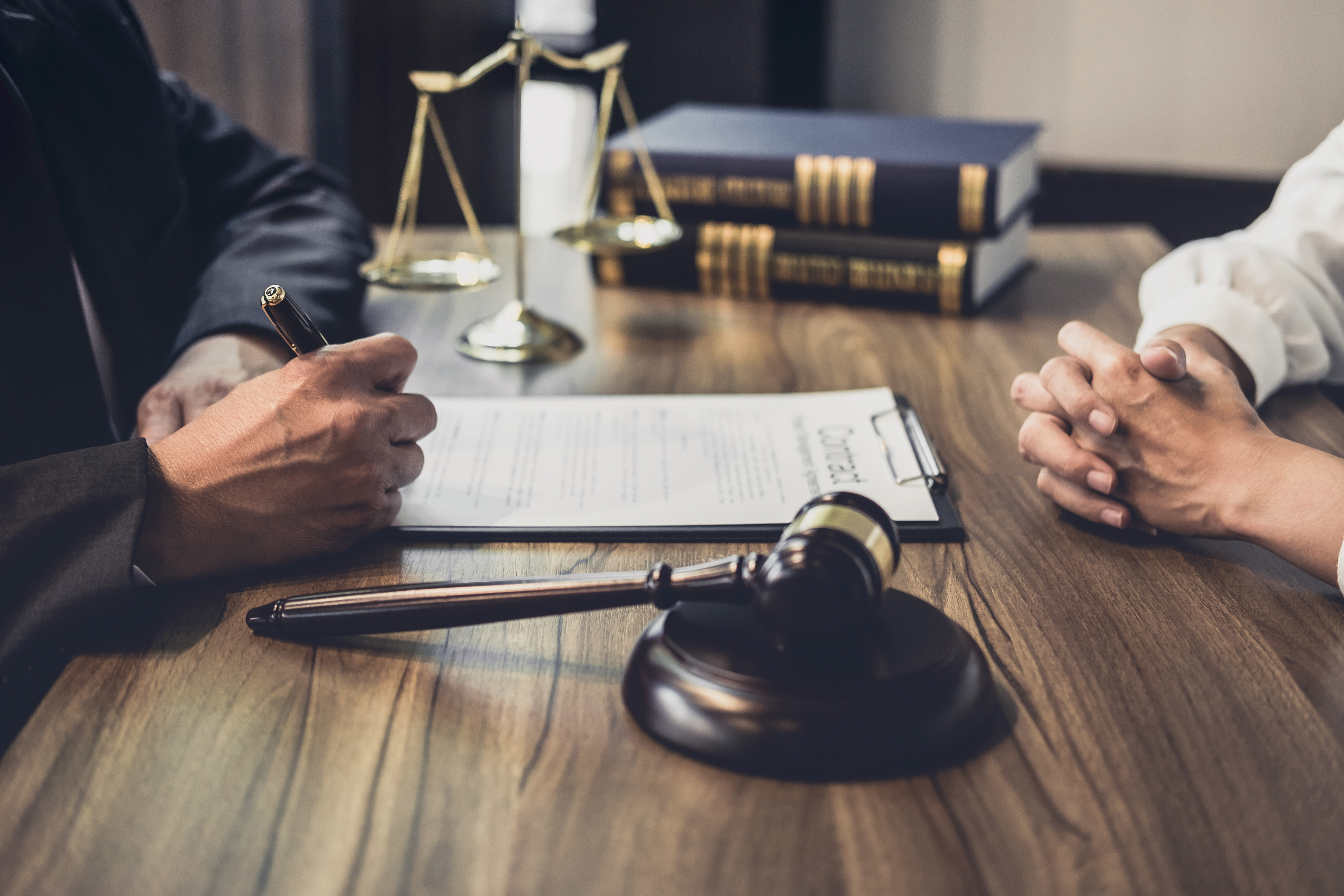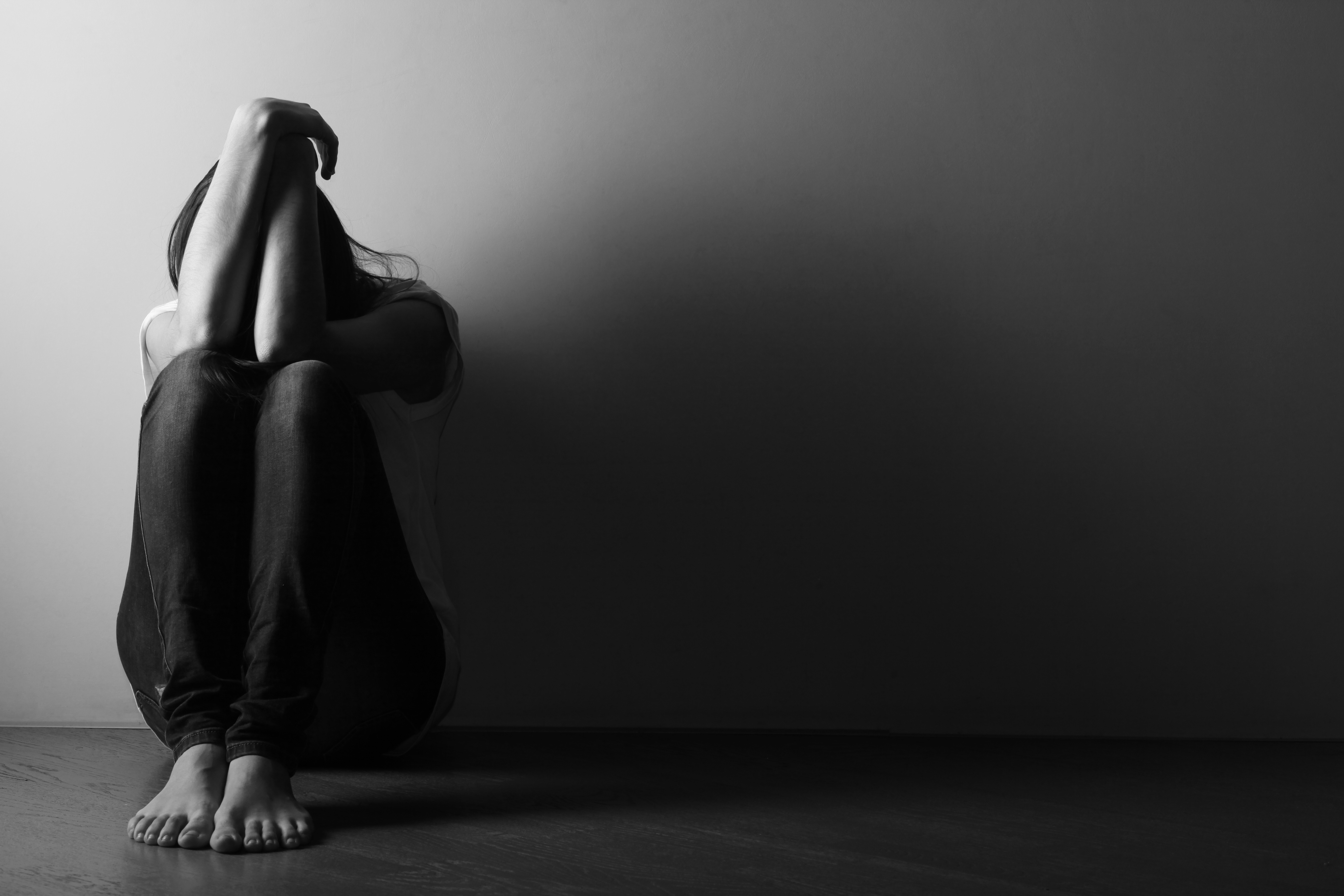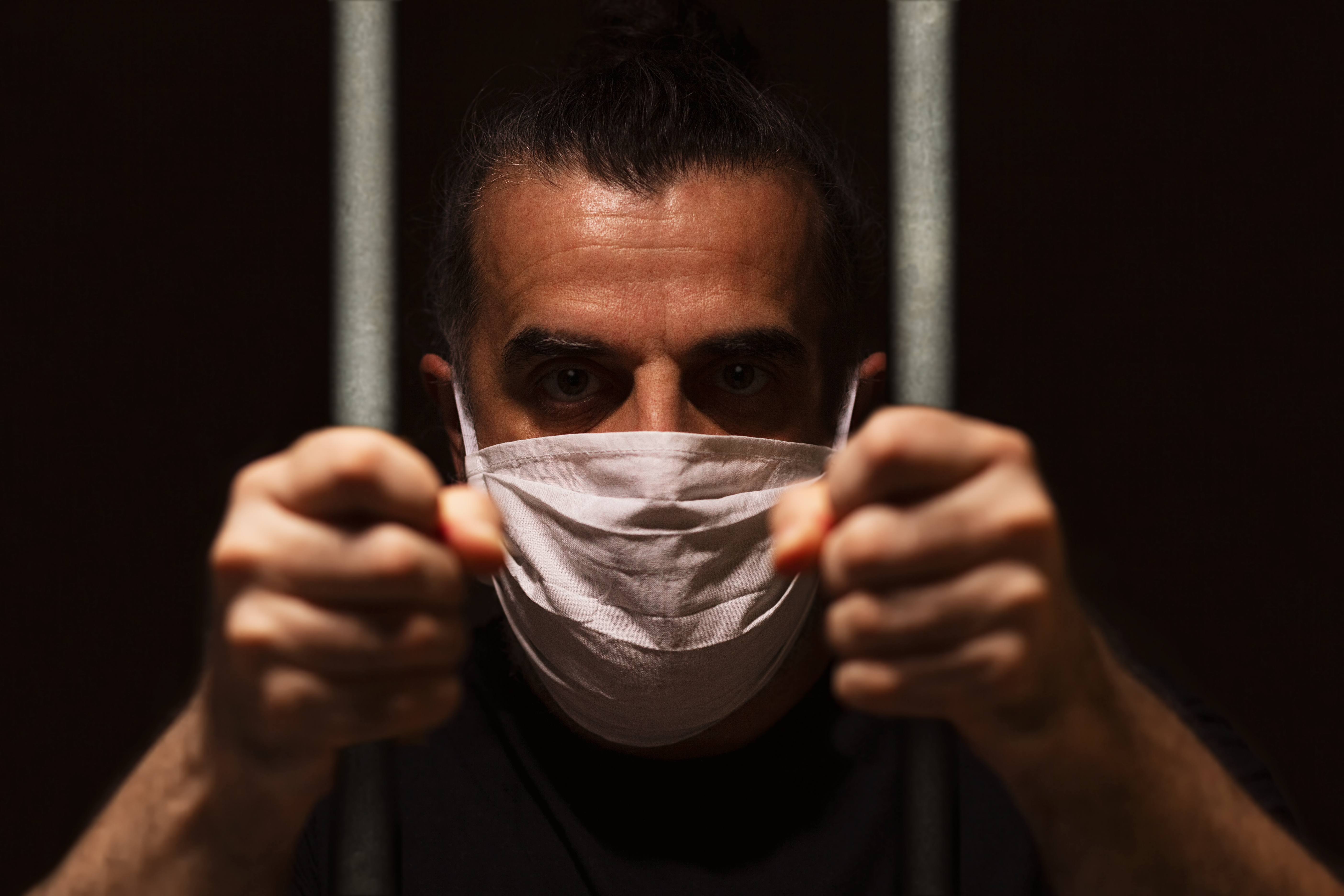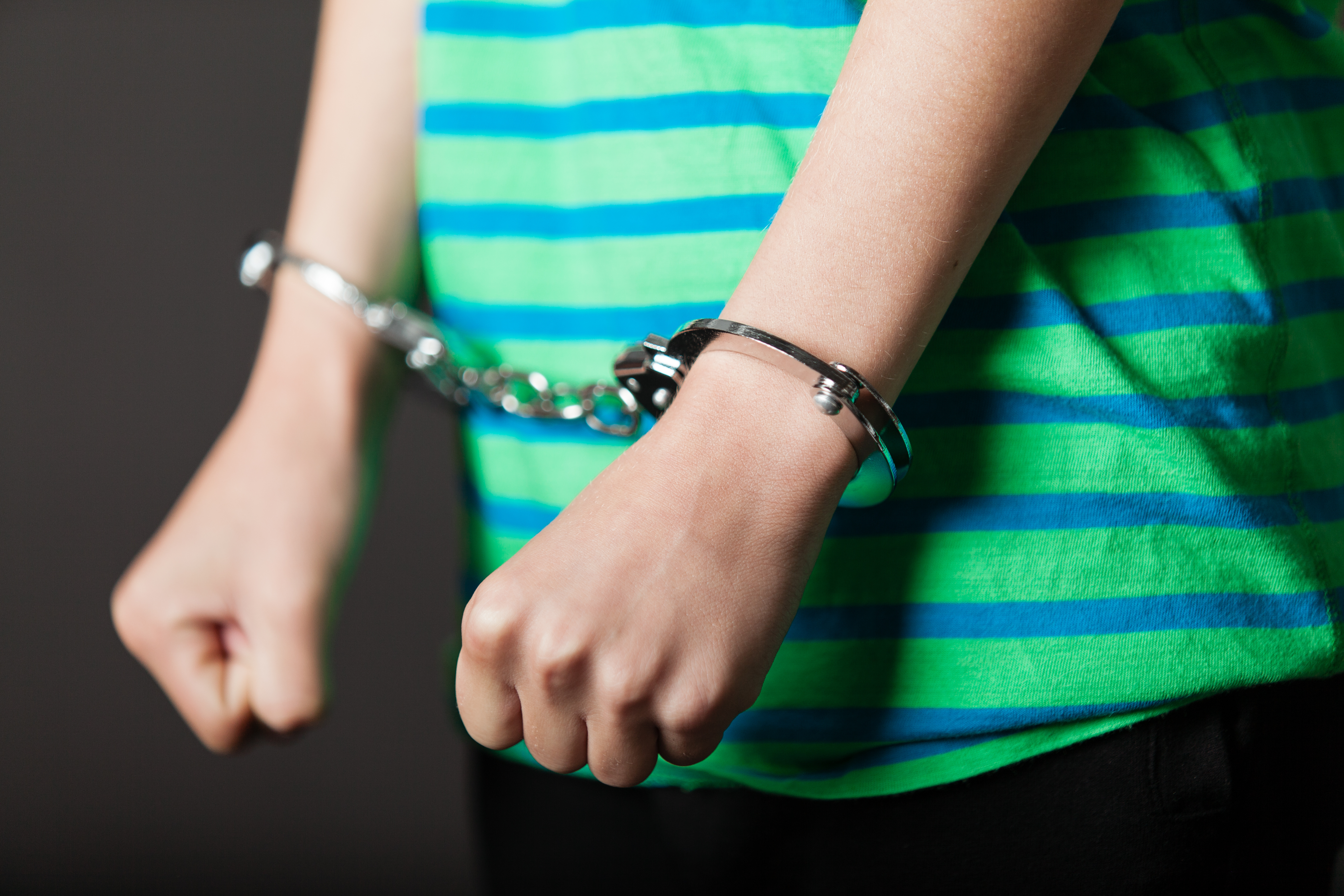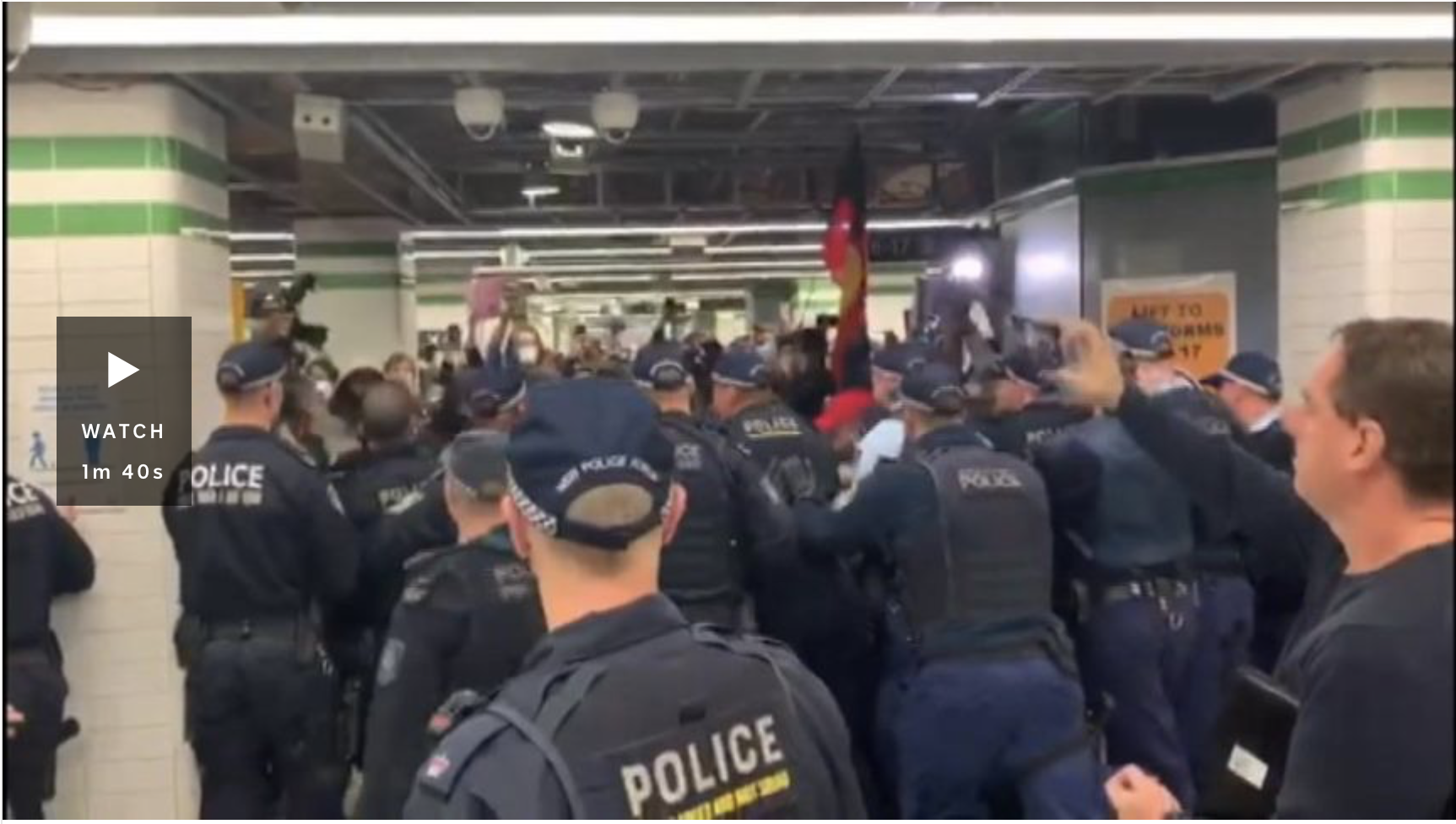Safe Keeping Of Firearms – s 39, 40, 41 Firearms Act
Facing an offence of failing to safely keep firearms is daunting. You can be assured that our experienced criminal defence lawyers have over 20 years experience in firearms cases with a proven record of successfully avoiding a criminal conviction, prison, and getting the charges dropped early through tactful and thorough negotiations with police.
Your Options in Court
You can only be found guilty if police can prove each of the elements under the following separate offences of failing to safely keep firearms charges:
If charged with s39(1) offence:
- You had possession of a firearm; and
- Either it wasn’t safely kept, it was stolen or lost, or it came into the hands of someone who is not authorised to have possession of it; and
- This occurred because you failed to take reasonable precautions
If charged with s40 offence of Category A or B Licence:
- You hold a category A or B licence; and
- You failed to store it in a locked receptacle made of hard wood or steel which made it easily penetrable; or
- The receptacle isn’t fixed, weighing less than 150kg when empty; or
- The receptacles locks are not an approved solid metal; or
- The firearms ammunition was not stored in an approved locked container, and was not kept separate from the receptacle containing the firearm; or
If charged with s41 offence of Category C, D or H Licence:
- You hold a category C, D or H licence; and
- You failed to store it in an approved locked steel safe, making it easy to penetrate; or
- You failed to bolt the safe to a structure of your premises where it’s authorised to be kept; or
- You failed to store the ammunition of the firearm in an approved locked container, and you failed to keep it separate from the safe containing the firearm; or
You will be not guilty, and your charge dismissed if police are unable to prove those elements under your offence beyond reasonable doubt in court.
Defences to this charge
You will be Not Guilty if:
- You made alternative arrangements for the storage of the firearms in your premises where those arrangements are of the same or better standard than required by law.
- Honest mistake: Where you honestly believed that you complied with the requirements of safely keeping the firearms, and only where the court considers your belief to be reasonably held in the circumstances.
- Self defence: Where you believed it was necessary to not safely keep the firearms in order to protect yourself, your property or a person, in circumstances your perceived belief is considered to be reasonably held by the Court.
- Duress or Necessity: Where you were forced or threatened to fail to comply with the requirement in safely keeping firearms, or where you failed to comply to avoid serious danger or harm.
Speak to our experienced team of senior firearms lawyers for realistic and practical advice on your best defence. Our lawyers have over 20 years experience in countlessly convincing police to drop charges early, saving time and legal expense. They hold a reputation for successfully proving their clients innocence in court for years, and know precisely how to maximise your chances of getting the best possible outcome.
If pleading guilty to failing to safely keep firearms offences, read the following tips and information on how to maximise your chances at getting the best possible outcome to avoid a criminal conviction, and prison.
25% Discount on punishment
Pleading guilty for failing to safe keep firearms offences at the earliest possible time in your case will get you a discount of up to 25% on your punishment. This results in a lighter outcome and better result.
This discount begins to reduce the later the plea of guilty is entered. This is why it’s critical to get as early advice as possible from an expert firearms lawyer.
Good character references
Gathering letters expressing your good character, remorse, insight into your offending behaviour, and shame for your action often allows the Judge reading it to give you a more lenient outcome.
These letters can come from family, friend, work, charity, and letter of apology from you expressing those main points. Our senior firearms lawyers will guide you with each letter.
Negotiate to drop charges
Our senior firearms lawyers specialise, with proven success, in getting charges dropped early for over 20 years. This is often achieved by familiarising themselves with the police evidence, picking out all the holes in it, then strategically approach police to negotiate to drop or downgrade firearms charges.
With a experienced firearms expert lawyer on your side, you will be guaranteed to maximise your chances at getting your charges dropped or downgraded early.
Negotiate facts
The police set of facts is a document read by the Judge expressing your offending behaviour which you plead guilty to. It is normally drafted by police, is one sided, and can paint you in the worst possible light. This can often result in a heavier, unfair punishment by the Judge.
This is why, it is critical to negotiate with police to change the set of facts to something more favourable to you, putting you in a better light to the Judge reading it. This often results in a much better result, even to avoid a criminal record. Our senior lawyers hold a proven record of success in achieving this countless times for over 20 years.
Psychologist reports
Your court result can be much better, getting you a lighter outcome by the Judge simply by obtaining a court report from a highly respected and experienced psychologist or psychiatrist. The report should talk about your state of mind at the time, your insight, remorse, contrition and shame for your actions for maximum effect.
Our team of lawyers will choose the best suited psychologist or psychiatrist to your case, ensuring those main points are covered in your report.
Maximum penalty
Where the firearm is a pistol or ‘prohibited firearm’, the maximum punishment is a term of imprisonment of up to 2 years and/or $5,500 fine for the offence of s39(1) charge of failing to safely keep the firearm, or causing it to be stolen or lost, or causing it to go into the hands of someone else who is not authorised to have it. The maximum is 1 year and/or $2,200 if the firearm is not a pistol or ‘prohibited firearm’.
Breaking any of the category A or B licence requirements under s40 attracts a maximum punishment of up to 1 year imprisonment and/or $2,200 fine.
Breaching any of the category C, D or H licence requirements under s41 attracts a maximum punishment of up to 2 years imprisonment and/or $5,500 fine.
Those maximums are normally not given by Courts. They are only reserved for the most serious offenders of this kind. See below for other options the court has.
Types of penalties
The Judge can give you any one of the following kinds of punishment. The one you end up getting will depend on the amount of preparation and level of presentation of your case, as explained in the above points:
- Section 10 Dismissal
- Conditional Release Order
- Fine
- Community Correction Order
- Intensive Correction Order
- Full Time Imprisonment
Call one of our senior firearms lawyers now for realistic and practical advice. Our criminal defence lawyers have over 20 years experience in firearms offences, with a proven record of success in getting these charges dropped early, and avoid criminal convictions.
 (02) 8606 2218
(02) 8606 2218


